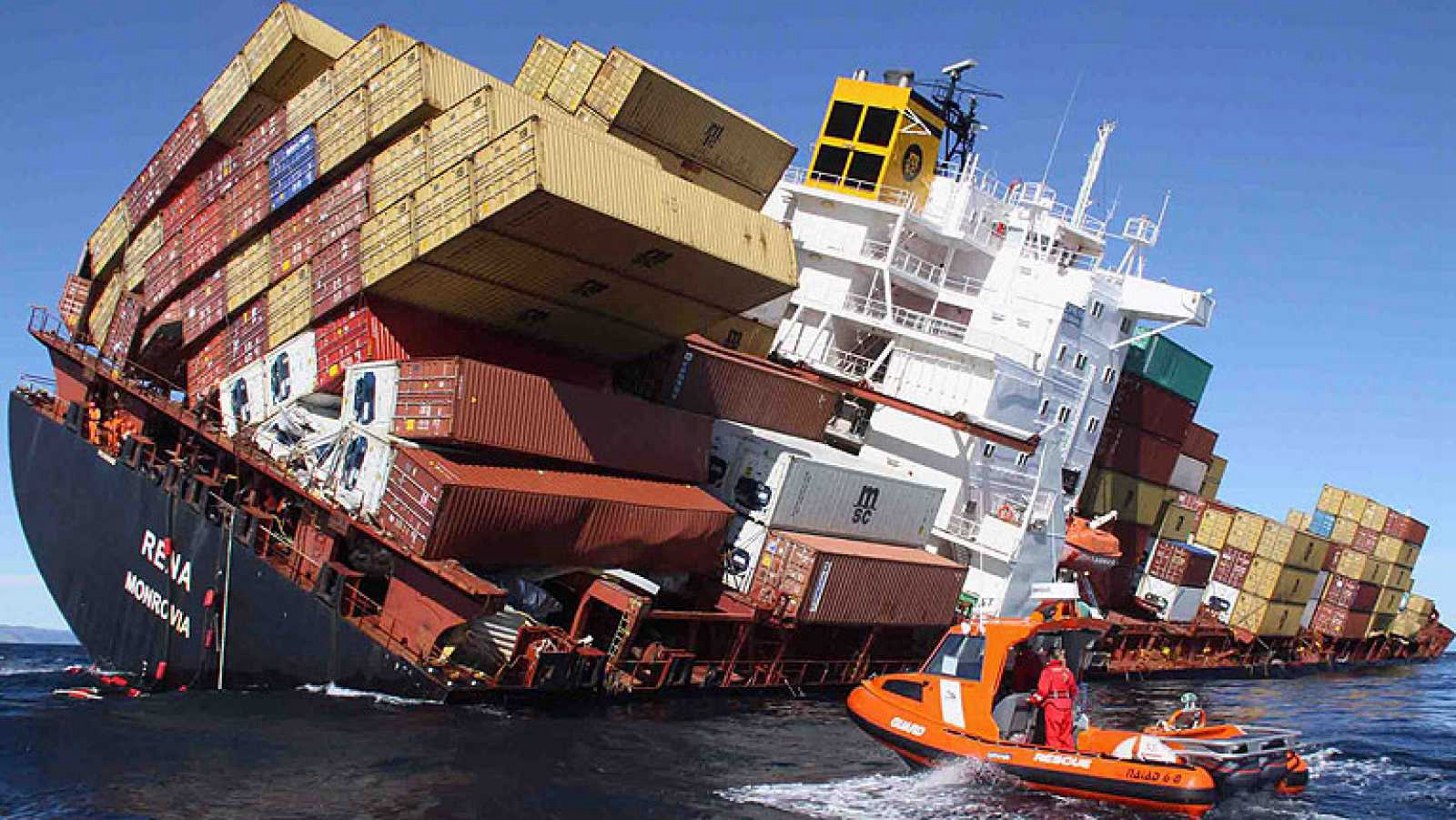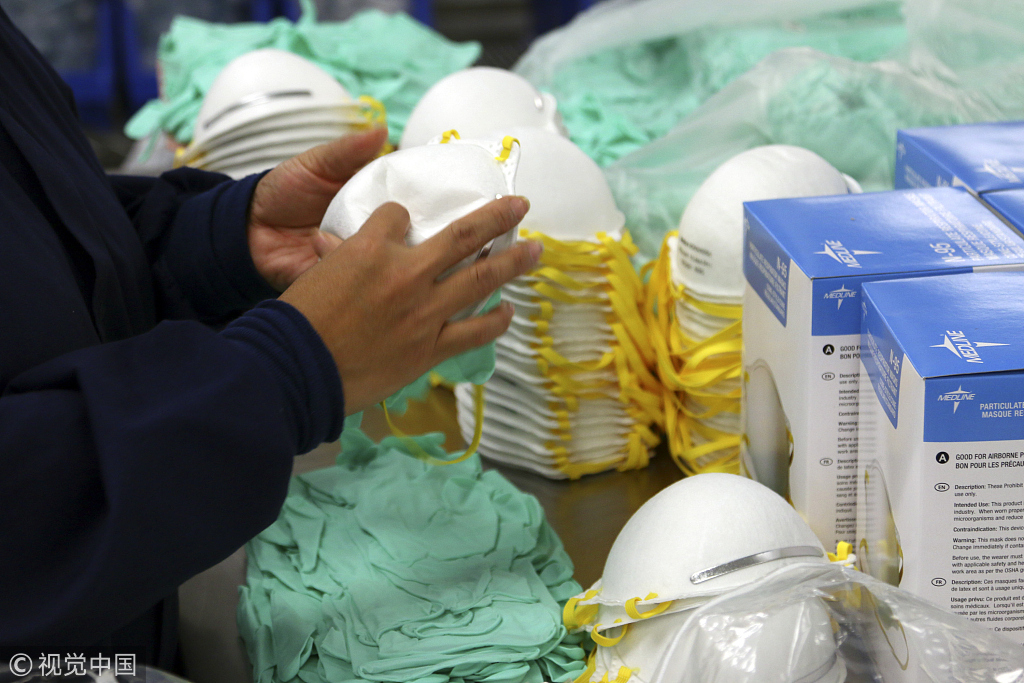
Business
16:01, 23-Aug-2018
US hearing: Trump's tariff plan disrupts companies’ supply chains and hurts consumers
Updated
15:46, 26-Aug-2018
CGTN

As the Office of the US Trade Representative holds a six-day hearing which began Monday on the proposed tariffs on 200 billion US dollars of Chinese goods, dozens of companies voiced concerns that the tariffs are disrupting American companies’ supply chains by raising the costs of raw materials they import.
“Maintaining supply chains doesn’t exist in a vacuum,” said Edward Brzytwa, director of international trade for the American Chemistry Council. “They can’t easily be reconfigured to meet the whims of US trade policy.”
Natural Products Association President and CEO Dan Fabricant, also testified during the first day of hearings. Among his warnings. He said that many businesses could be forced to close due to unsustainable and unaffordable tariffs, as China is the single largest supplier of many of the listed dietary ingredients.
No longer equipped to produce many materials that US depend on for their products
“There is no leather upholstery business in the US anymore, none,” said David Mathison, a co-founder of Leather Miracles, which is based in Hickory, North Carolina.
“Shifting to another country requires time, economies of scale and significant capital investment,” said Bob Margevicius, executive vice president of Specialized Bicycle Components in Morgan Hill, California.
Jim Day, a vice-president at the ’47 Brand hat company, said it would take at least a decade for the US to develop the manufacturing capacity to produce the hats he sells because such facilities were shuttered many years ago.

A Medline Industries worker gathers fluid resistant masks, part of Personal Protection Equipment (PPE) kits to be shipped out to various health facilities, at their warehouse in Mundelein, Illinois, US, on Oct. 20, 2014./VCG Photo
A Medline Industries worker gathers fluid resistant masks, part of Personal Protection Equipment (PPE) kits to be shipped out to various health facilities, at their warehouse in Mundelein, Illinois, US, on Oct. 20, 2014./VCG Photo
Negative impact felt in short term, price increases seen for long term
The medical device industry has also found itself in the crosshairs of a tit-for-tat trade war. Northfield, Illinois-based Medline is one medical device company adversely affected.
"In the near term, the tariffs would negatively affect our business' profitability, with consequences for our US investments and employment. Overtime, the tariff will cause price increases for hospitals, surgery centers, nursing homes and individual consumers who purchase our healthcare products," Pigott said.
Medline is the largest privately held medical supply company in the US. It has 18,000 employees worldwide and more than 550,000 products, most of which are commodity in nature.
According to Pigott, the company's imports from China are "inexpensive, low-technology, large-volume products that are not subjected to patents".
"We have never been required to transfer any technology or intellectual property to China," Pigott said. "The Made in China 2025 strategy does not prioritize these low-technology, low-margin, high-volume products."

SITEMAP
Copyright © 2018 CGTN. Beijing ICP prepared NO.16065310-3
Copyright © 2018 CGTN. Beijing ICP prepared NO.16065310-3